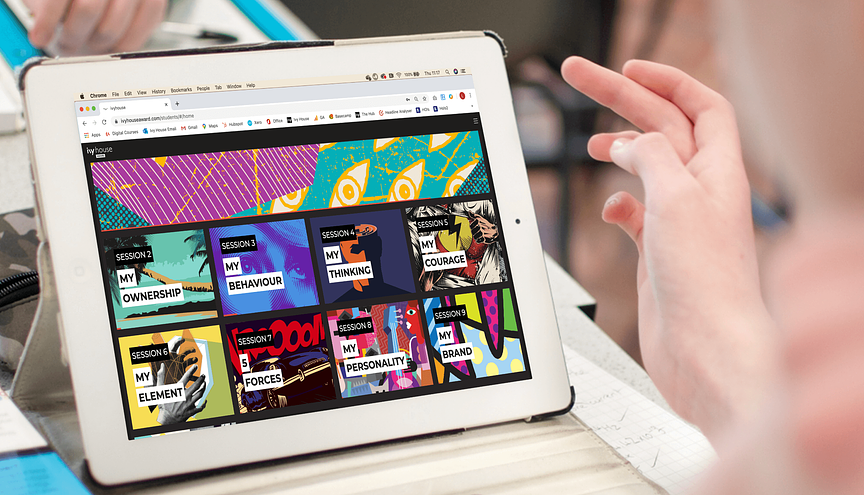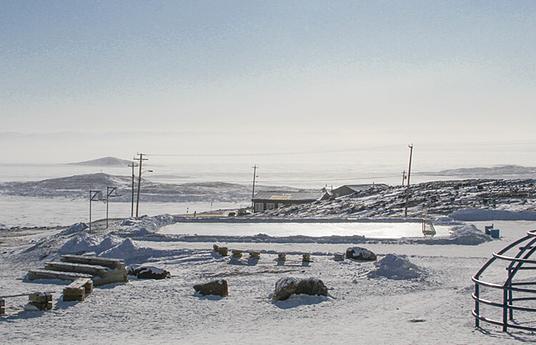For 20 years Elke Edwards, Founder of Ivy House, ran one of the leading executive development businesses in Europe. She and her team worked with senior leaders at over 40% of the FTSE 100, developing extensive knowledge about how to become an extraordinary leader and lead an extraordinary life.
Together they made a real impact, winning over 40 awards for their work in leadership development and performance improvement. But for all this success, one thing kept bothering her. If we know so much about what it takes to lead an extraordinary life, why is this knowledge only given to those who have already reached the pinnacle of their careers? Why aren’t we giving it to young people at a time when it could change the whole course of their lives?
Elke knew that if we were going to give our young people the best opportunity to thrive then this had to be turned on its head, so she created Ivy House. Ivy House offers the kind of world-class personal and professional development usually reserved for senior executives, to determined young people, just starting out
In the corporate world companies like RBS, Aviva and The Economist work with Ivy House to develop their brightest emerging talent. Now we’re bringing the same opportunity to schools through The Ivy House Award — delivering the essential aspects of this incredible learning to students.
Delivered over 20 sessions, The Award first supports students in discovering their unique character; who they are, what they want and how they can play to their strengths and then develops a core set of skills critical to future success.
Developing ownership, initiative, resilience, wellbeing, confidence and self-leadership, The Award bridges the gap between education and work, equipping students with the knowledge and skills to enable them to thrive in life, no matter what.
The result?
Learners develop the confidence and skills they need to step up and take ownership of their future, including:
- How they show up at school and beyond
- The relationships they build
- The careers and paths they choose
- Their self-confidence
- The impact they make on the world


